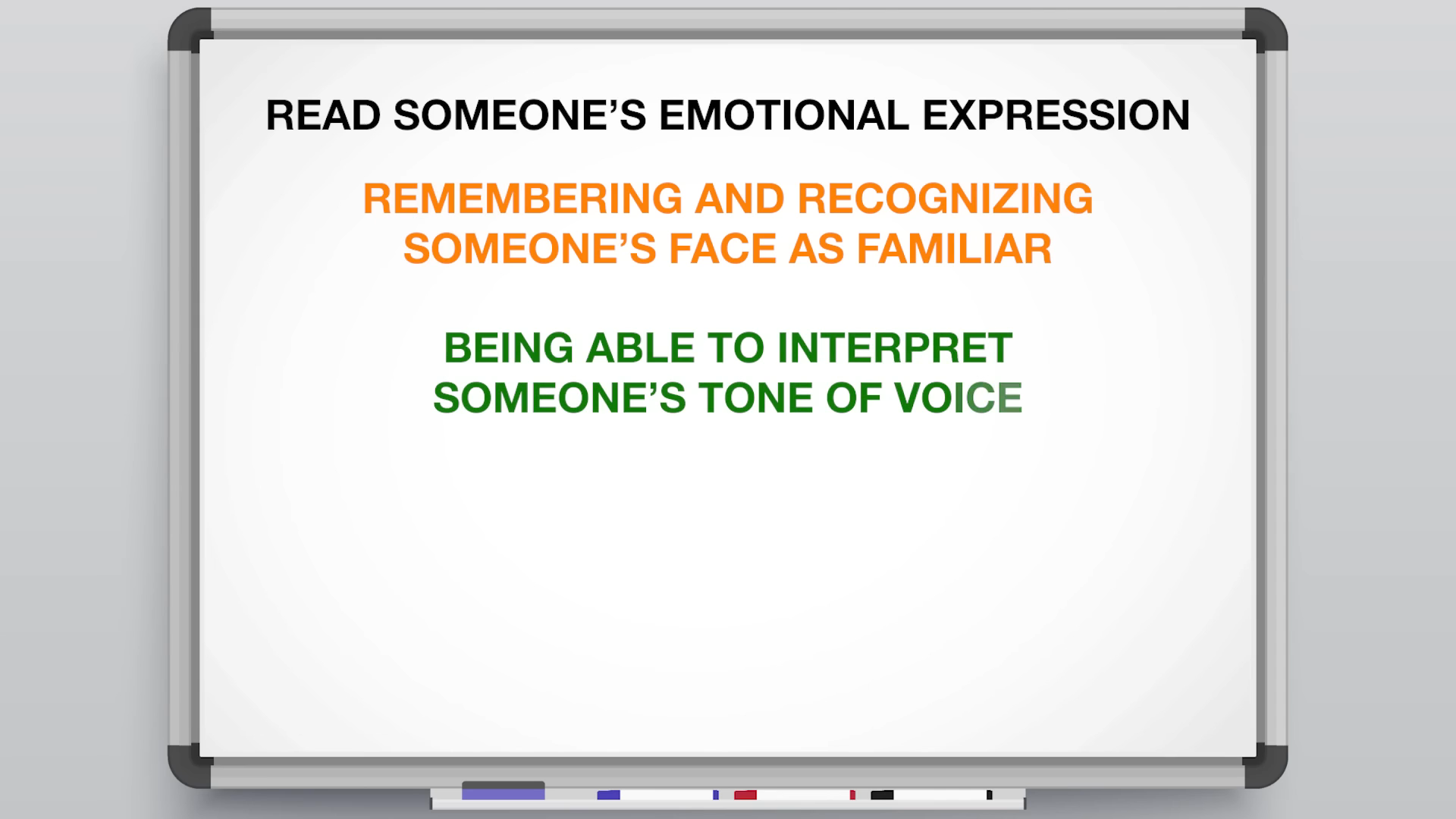The human brain is profoundly tuned for social interaction. It forms and maintains elaborate networks of nerve connections that thrive on these interactions. When we’re deprived of social connectivity, especially as seen amidst events like the COVID-19 pandemic, these networks can deteriorate. This decay manifests as tangible changes in brain structure—changes that were once predominantly noticed in socially isolated elderly individuals but are now emerging across younger populations.
Social Isolation and Cognitive Decline
Ever felt spaced out or foggy after spending too much time alone or away from social activities? That could be more than just cabin fever. This “brain fog” is a perceptible manifestation of the cognitive effects spurred by social isolation.
The Mechanics Behind The Fog
The fog prevails because your brain operates through a vast network of nerves communicating via synapses. Typically, tighter and more frequent these connections, the better and faster the communication. Factors like inflammation can weaken these connections, but social isolation compounds the effect dramatically. It disrupts what experts term ‘social cognition’—a skill set including the recognition of faces, interpretation of voices, and empathetic understanding of others’ emotions.
“When we’re isolated, the areas involved in these processes can atrophy due to lack of practice and neuronal stimulation.”
The Scientific Evidence
Concerning recent studies, including a comprehensive review of MRI scans from 32,000 individuals, substantial brain structure changes due to social isolation have been discerned. Key areas affected include the hippocampus—which plays a critical role in processing and storing emotional memories—and regions of the frontal and temporal lobes. Generally, these areas are vital in decision-making, emotional regulation, and memory.
The Silver Lining: Rewiring and Recovery
Despite these daunting insights, not all is lost if you find yourself battling the unseen consequences of isolation. The brain’s capability known as neuroplasticity, allows it to rewire and effectively ‘heal’ itself even after substantial damage or neglect.
Building Cognitive Reserve
One actionable strategy to mitigate and reverse brain damage is developing what’s termed a ‘cognitive reserve.’ This reserve acts much like an electrical backup system; when primary pathways fail or diminish, the reserve can step in, allowing individuals to maintain cognitive functionality even as structural deficits occur.
”

”
This mental resilience isn’t just exclusive to those with naturally strong brain function but can be cultivated through:
- High social interaction
- Engaging in challenging mental tasks
- Pursuing activities that stimulate the brain like reading, solving puzzles, or learning new skills such as a language or musical instrument
- Consistent physical exercise which boosts nerve growth and forms new neural pathways
Lifelong Learning: Key to Cognitive Vitality
Maintaining brain health is a lifelong pursuit and not something you achieve with a one-off effort.
Continual Engagement and Curiosity
The thirst for knowledge and continuous mental engagement now more accessible through the internet and various digital platforms. Contrary to past decades where learning was confined to physical institutions like libraries, we now have the power to tap into vast pools of knowledge online, continually challenging and expanding our cognitive boundaries.
Lifestyle Factors
Aside from active learning and social engagement, several lifestyle factors significantly influence cognitive health:
- Balanced diet
- Regular sleep patterns
- Routine self-care practices
These components, much within our control, are crucial in sustaining not only general health but specifically cognitive prowess.
Taking Action Against The Mental Monotony
While you may not always have control over how mentally challenging your daily job or routine is, you’re not without options:
- Try incorporating exercise before or after work.
- Use break times for brain-stimulating activities like Sudoku or creative doodling.
- Distinguish between stressful and genuinely mentally challenging activities—aim for the latter as an enriching part of your daily routine.
Conclusion
Remember, what matters most is your proactive stance against the mundane. Stay mentally active, keep learning, be socially engaged, and nurture your body. Each small step not only helps clear the mental fog but fortifies your cognitive reserves for years to come.
Thank you for reading, and don’t forget to explore more on how exercise can transform your brain health!
For those seeking further guidance and support, remember that professional counseling is accessible. You can reach us at 912-662-6501. Don’t let distance be a barrier; through teletherapy options, assistance is just a call away, often covered by insurance. You may also visit: https://www.dpshealthandwellness.com
